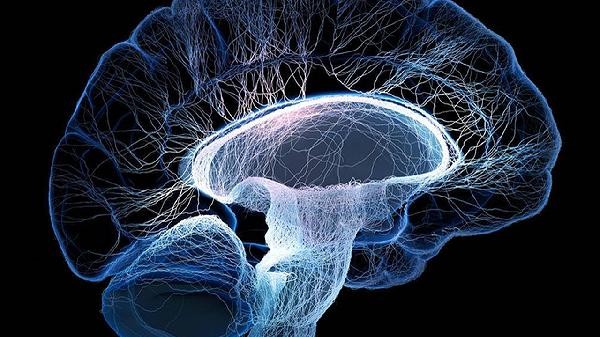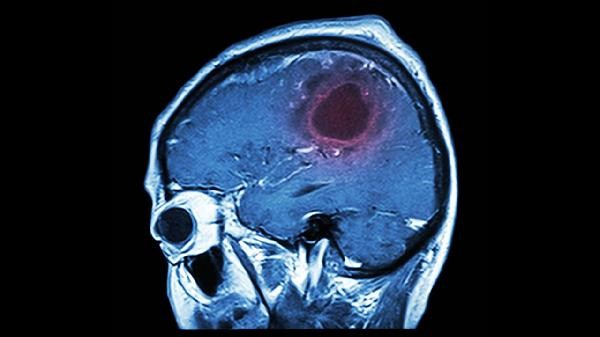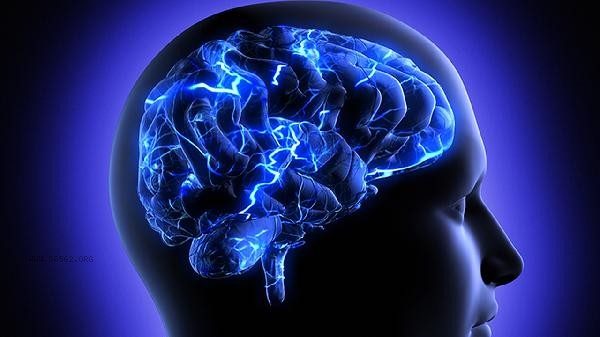Brain memory training is usually useful as it can help improve memory and cognitive function. The effectiveness of memory training varies from person to person, mainly depending on factors such as training methods, individual differences, and training frequency. Scientific memory training methods can stimulate neural plasticity in the brain and promote functional enhancement of memory related brain regions such as the hippocampus. Common effective training methods include associative memory, spatial memory training, and numerical memory exercises. These methods help establish more stable neural connections through repeated stimulation, which has a significant impact on improving short-term memory and working memory. People who undergo regular memory training often perform better than untrained individuals in memory tests. In some special cases, the effectiveness of memory training may be limited. For patients with neurodegenerative diseases or brain injuries, simple memory training is difficult to reverse pathological changes. The natural decline of age-related memory cannot be completely prevented through training. Overreliance on memory training and neglect of other cognitive activities may actually limit the overall development of the brain.

It is recommended to combine memory training with a healthy lifestyle, ensuring adequate sleep, balanced nutrition, and moderate exercise. Memory training requires long-term persistence to show results. It is recommended to do it 3-5 times a week for 20-30 minutes each time. Choose the training difficulty that suits your own level and gradually increase the challenge. If a sustained significant decline in memory is found, timely medical examination should be sought to rule out pathological factors.









Comments (0)
Leave a Comment
No comments yet
Be the first to share your thoughts!